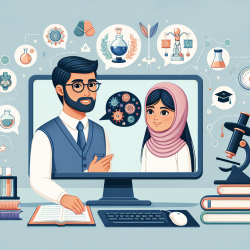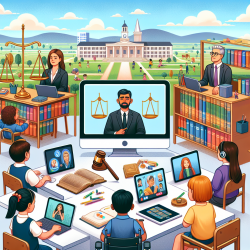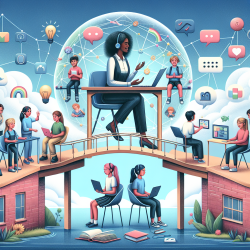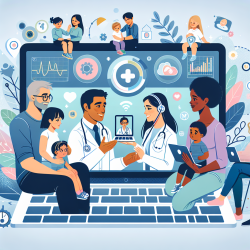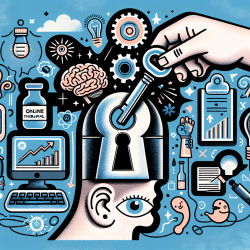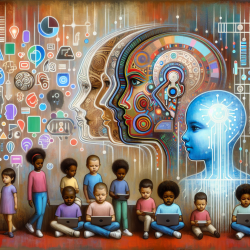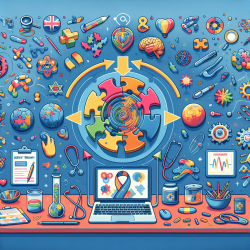Remote Learning: A New Frontier in Medical Education
The COVID-19 pandemic has dramatically reshaped the landscape of education across all fields, and medical education is no exception. A recent study titled Pre-clinical remote undergraduate medical education during the COVID-19 pandemic: a survey study provides valuable insights into the experiences of medical students during this unprecedented transition to remote learning.
Conducted at the University of California San Diego School of Medicine, the study surveyed first- and second-year medical students to assess their perceptions of remote learning. The findings reveal both challenges and opportunities that can inform future curriculum design, even beyond the pandemic era.
Key Findings
- Flexibility and Self-Paced Learning: A significant portion of students appreciated the flexibility that remote learning offered. The ability to learn at one's own pace was highlighted as a major advantage, allowing students to manage their time more effectively and engage in self-directed learning.
- Digital Fatigue: Despite the benefits of flexibility, students reported experiencing digital fatigue, particularly during prolonged video conferencing sessions. This fatigue was noted to impact student engagement and participation negatively.
- Loss of Clinical Skills Training: The transition to remote learning significantly impacted clinical skills training, with students expressing concerns about their preparedness for clinical assessments and hands-on experiences.
- Telehealth as a Learning Tool: Participation in telehealth sessions was viewed positively by students who had the opportunity. This experience helped maintain motivation and provided practical exposure to remote patient interactions.
Implications for Practitioners
For practitioners and educators in the field of medical education, these findings underscore the importance of balancing flexibility with structured learning opportunities. Incorporating telehealth training and electronic health record (EHR) systems into the curriculum can enhance students' readiness for future clinical environments.
Moreover, addressing digital fatigue through shorter, more interactive sessions can help maintain student engagement. As remote learning continues to evolve, educators should focus on creating hybrid models that integrate the best aspects of both in-person and online learning.
Encouraging Further Research
This study opens the door for further research into optimizing remote learning experiences. By exploring different educational technologies and methodologies, educators can continue to refine and improve the delivery of medical education in a digital age.
To read the original research paper, please follow this link: Pre-clinical remote undergraduate medical education during the COVID-19 pandemic: a survey study.
